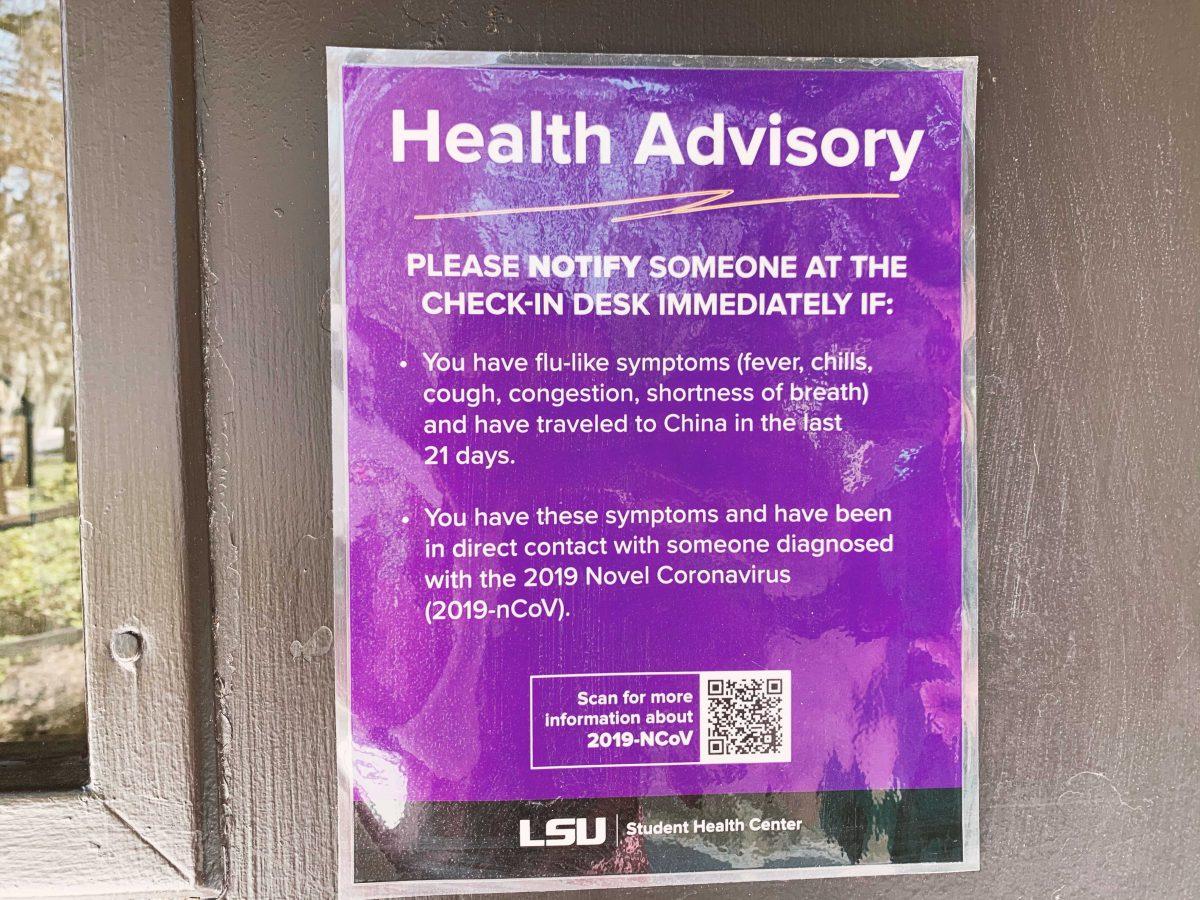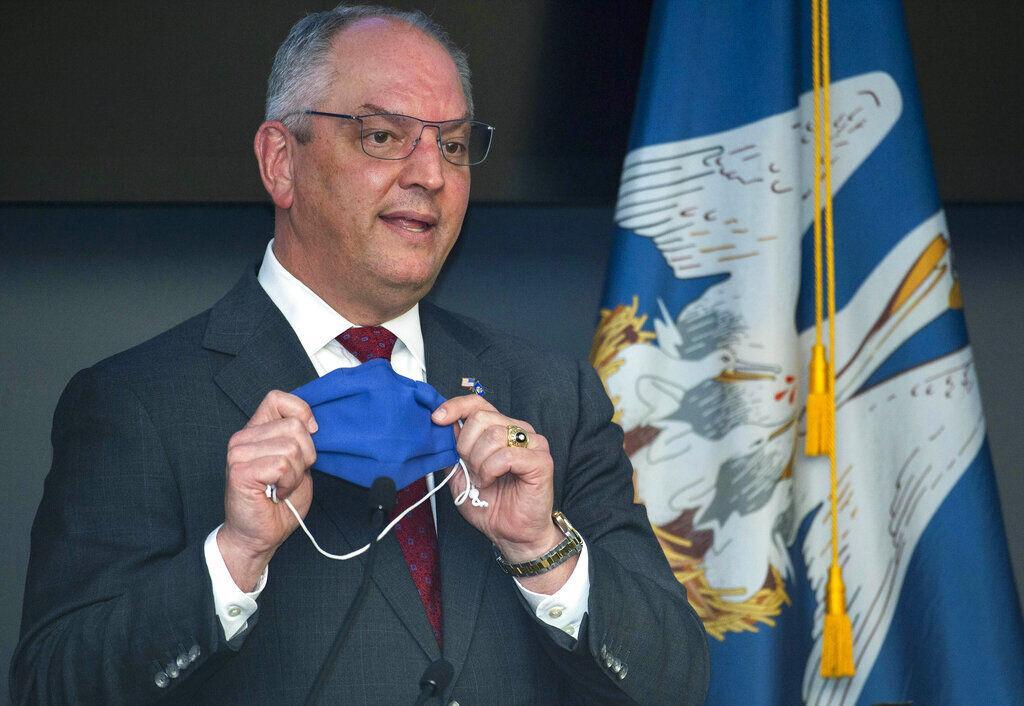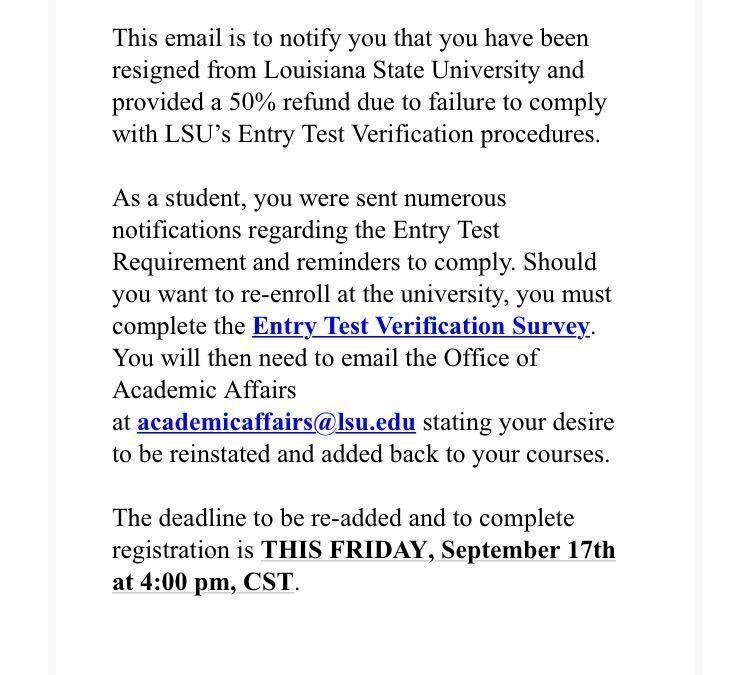The world is in a fever-fueled frenzy as COVID-19, better known as coronavirus, sweeps across the globe, eluding effective treatment. Institutions and organizations are bracing for the worst as a plethora of major public events have been canceled across the country in the hopes of limiting exposure to the virus.
The University canceled all planned international study abroad programs through Aug. 17. It revealed its plan to quarantine students and faculty who are returning from infected countries. With hundreds dead and thousands infected, I don’t think anyone would argue that this epidemic should be handled with the upmost seriousness and urgency.
Many of the precautions taken by institutions like the University seem reasonable in light of the virus’ rapid proliferation and relative unpredictability. However, I cannot help but think that a decent amount of the widespread panic, best seen in the selling-out of medical masks and the hurricane-style rationing of water, are overblown and irrational reactions, spurred by a ceaseless surge of overstated media headlines.
The public’s dismay over coronavirus is especially striking when the virus’ statistics are compared with those of a more familiar illness, like the flu. There have been approximately 100,000 cases and 3,000 deaths officially attributed to coronavirus. This is especially interesting when you take into account that the flu, something we hear about every year and are desensitized to, has had a particularly deadly season this year, producing more than 19 million cases, killing around 10,000 people and hospitalizing close to 180,000 people. Yet, no one seems to be even moderately concerned about dying from the flu. Maybe if the media had constructed months of a lethal flu season narrative, people would be more upset about it.
A case like coronavirus, which is both new and relentlessly publicized, is almost perfectly designed to linger in people’s minds. At first glance, the numbers associated with coronavirus do not seem particularly ominous from a global perspective. However, the rapid spread of the virus is concerning.
“The fact that this disease has caused illness, including illness resulting in death, and sustained person-to-person spread is concerning. These factors meet two of the criteria of a pandemic. As community spread is detected in more and more countries, the world moves closer toward meeting the third criteria, worldwide spread of the new virus,” according to the CDC’s Coronavirus Risk Assessment.
I don’t think there is any debate as to whether coronavirus is a serious threat that needs to be assessed immediately. It is. However, the nearly apocalyptic suggestions of many media outlets and their viewers’ subsequent panic attacks are an entirely different story.
Any negative story could signal nationwide panic if covered enough in the news. This is hardly an exaggeration. In a Guardian article, Steven Pinker, a professor of psychology at Harvard University, explained that “people estimate the probability of an event or the frequency of a kind of thing by the ease with which instances come to mind. In many walks of like this is a serviceable rule of thumb. But whenever a memory turns up high in the result list of the mind’s search engine for reasons other than frequency—because it is recent, vivid, gory.”
Ultimately, I think the University is making the right decision with the quarantine for students returning from abroad. Apart from the obvious and understandable concern of the virus spreading to other students, I can’t imagine the chaos that would ensue if a case were to appear on campus.
As for the study abroad cancellations, I have mixed feelings. It’s self-evident why the administration would terminate programs in places like Italy and East Asia where the virus is at its worst. However, it seems a little overcautious to call off all the summer programs. I presume the University thought it better to cancel than to be responsible for a pack of students in the midst of an epidemic abroad.
To be cautious, even slightly overcautious, is one thing, but we shouldn’t let the repetitiveness and sensational nature of the news trick us into paranoia.
Evan is a 19-year-old English and philosophy major from New Orleans, Louisiana.
Opinion: LSU was right to cancel study abroad programs, but coronavirus panic is overblown
March 7, 2020
A sign hangs outside the Student Health Center warning students who have flu-like symptoms, recently traveled to China or come into contact with someone diagnosed with coronavirus to notify the front desk.
More to Discover











